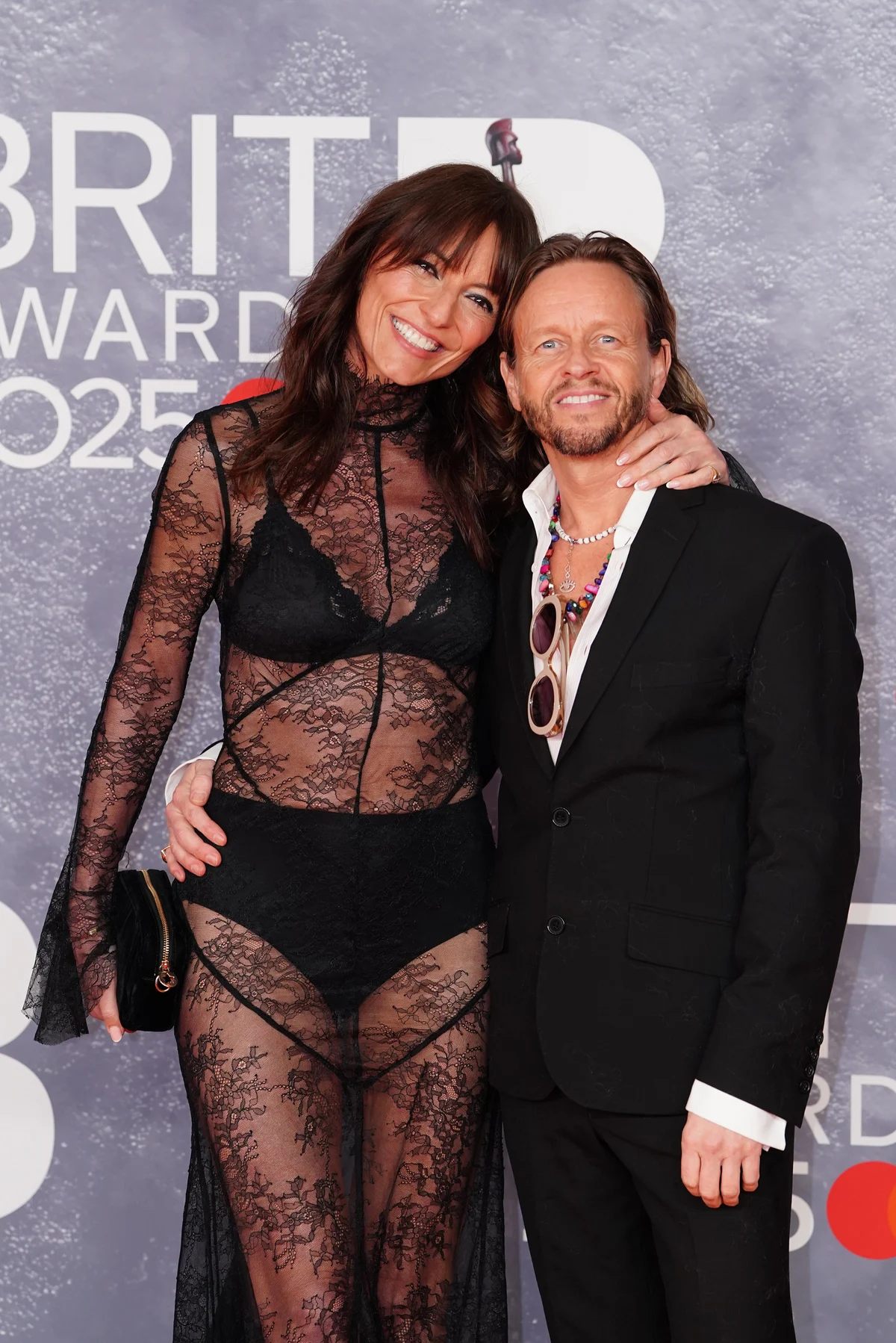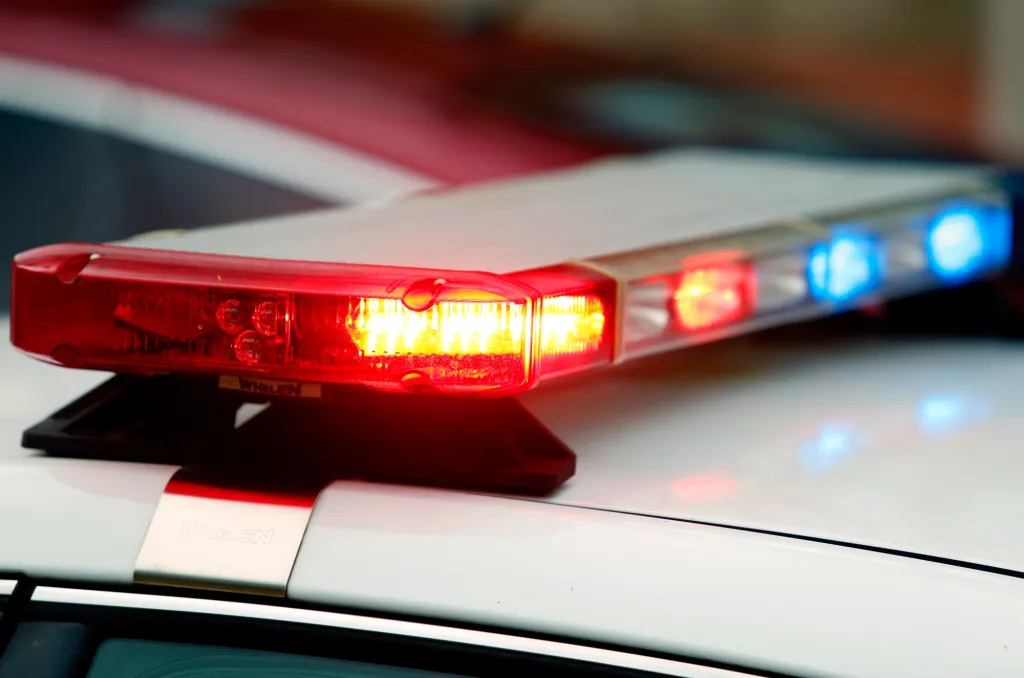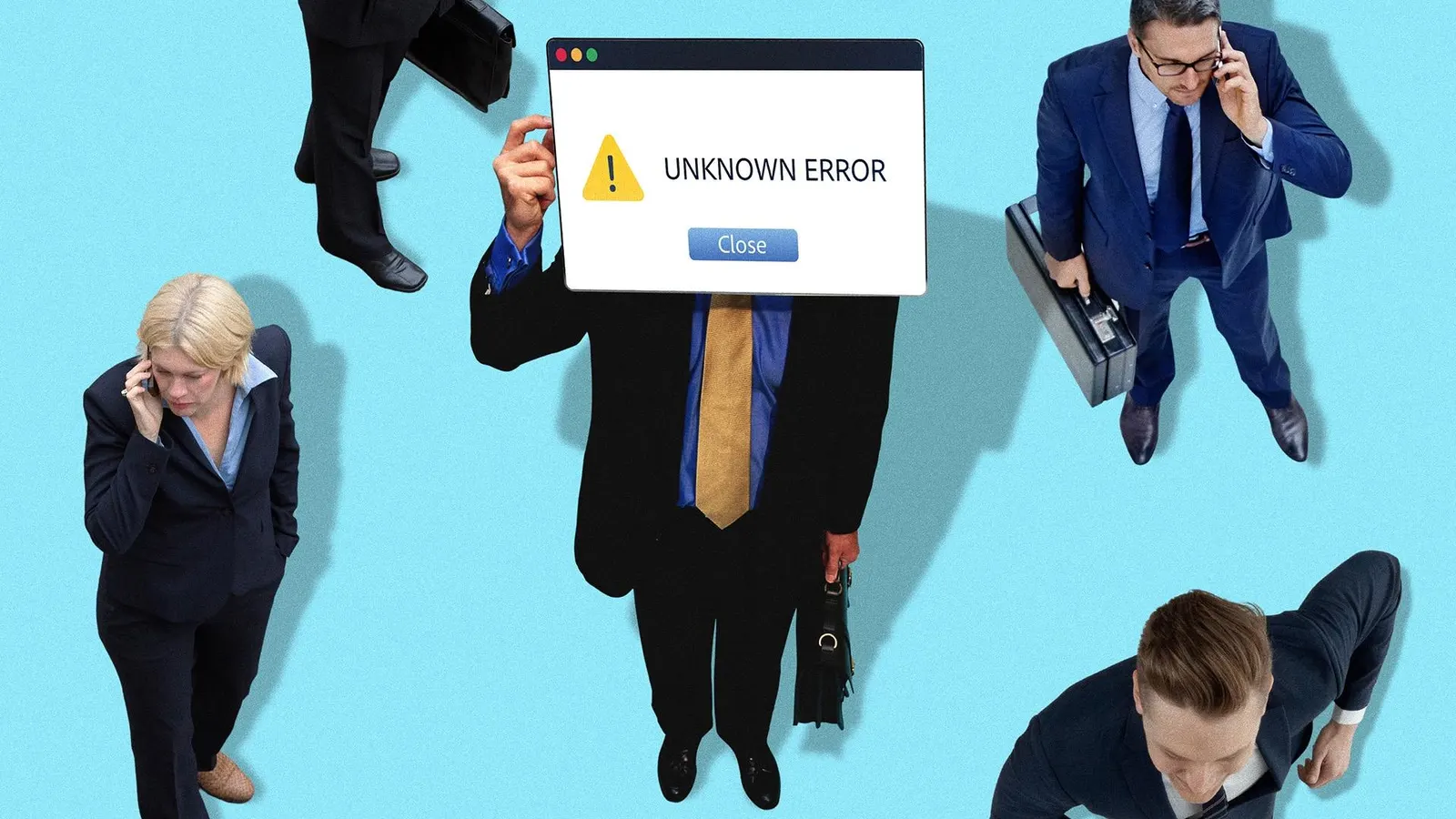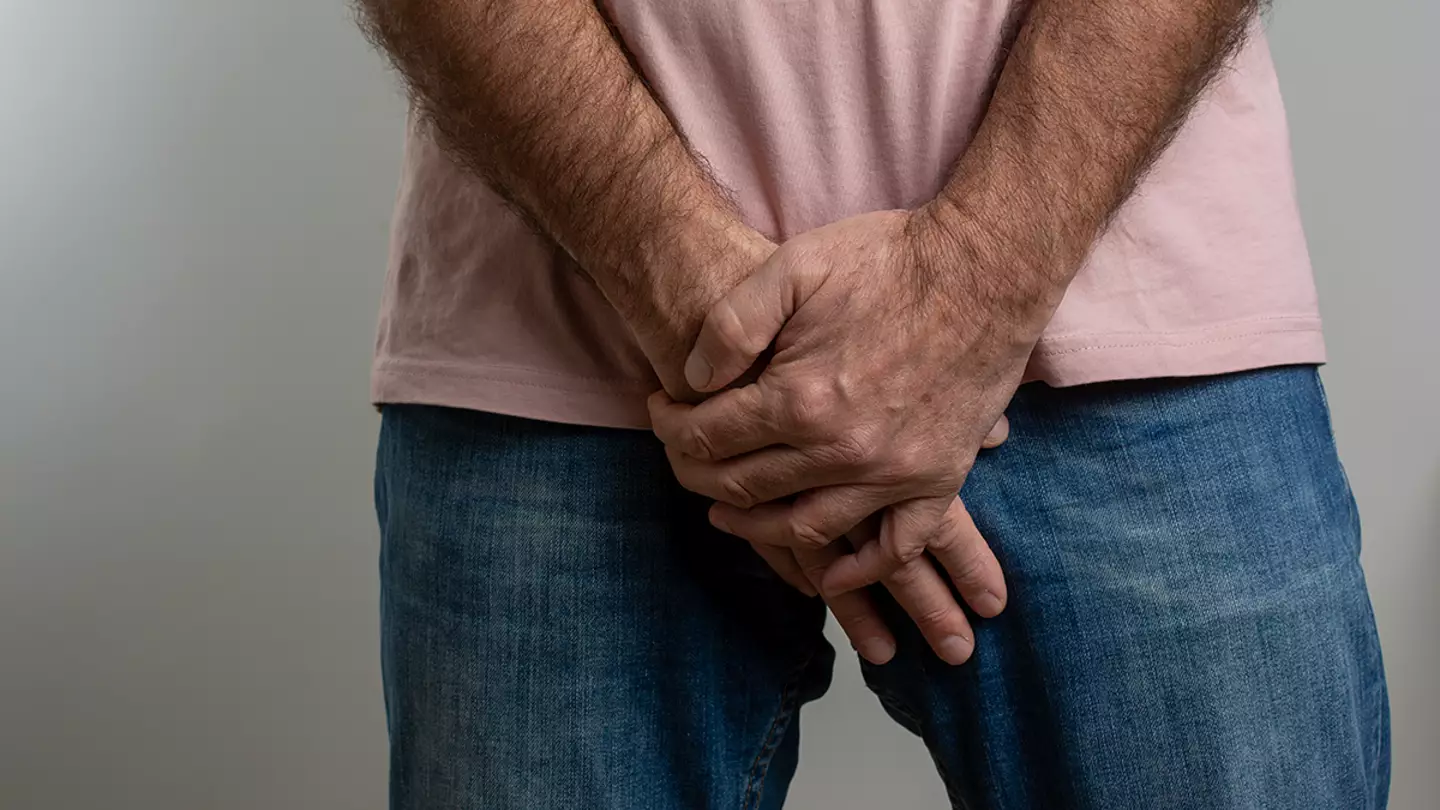Copyright standard

Presenter Davina McCall has revealed that she was diagnosed with breast cancer and has had surgery to remove a lump in her breast. In a video she posted to Instagram, McCall said she found the lump a few weeks ago, but it “came and went”. She was then working on the Masked Singer TV show, and in the bathrooms of ITV, presenter Lorraine Kelly had put signs on the back of all the doors saying “check your breasts”. “Every time I went for a wee, I did that, and it was still there.” “And then one morning I saw that in the mirror and I thought, ‘I’m gonna get that looked at’,” she continued. McCall had a biopsy and found out it was breast cancer. She had it taken out in a lumpectomy nearly three weeks ago. “It was very very small, so I got it very, very early, which is incredibly lucky,” she said. “I am so relieved to have had it removed.” McCall has received the all clear and said she would be having five days of radiotherapy in January “as an insurance policy.” “My message is, get checked if you’re worried. Check yourself regularly. If you are due a mammogram, then get it done,” she said. According to Breast Cancer UK, the disease is the most common form of cancer in the UK, and the most common cancer in women globally. Although 80 per cent of breast cancers occur in women over the age of 50, the earlier you get into the habit of checking for abnormalities, the better. Anyone can get breast cancer, although it is much more prevalent in women. With the help of Luke Powles, the associate clinical director of Bupa Health Clinics, we have put together a guide to checking your breasts. This includes what to look out for and what actions to take, should you find anything that gives you cause for concern. When you are checking your breasts, look at the size and shape of each one and check for lumps. Make sure you check your nipples and the skin on your breasts. Check each area for any pain when you’re touching them, too. You might notice that your breasts feel different at different times of the month; it’s a good idea to become familiar with what’s normal for you during these times, so you can spot anything unusual. Try to get into the habit of checking your breasts regularly – as a general guide, aim for at least once a month. Find a suitable time that works for you; perhaps it’s after you’ve had a bath, when you’re getting dressed, or when you’re settling down for the evening. It is also important to be aware of what’s normal for you and your body. You should be mindful that your breasts will change during your monthly cycle, pregnancy, and menopause. While there’s no specific age you should start checking your breasts, checking them from an early age will help you to become more aware of how they usually look and feel, and to help you spot any changes. If you’re a woman over 50, you will be invited for a breast screening (mammogram). If you’re a trans man, trans woman, or are non-binary, you may be invited automatically, or you may need to talk to your GP or call the local breast-screening service to ask for an appointment.You’re offered this screening every three years until you’re 70. You should still be checking your breasts regularly – a breast screening shouldn’t replace your regular breast checks. If you notice a lump in your breast, it’s really important to get this checked by your doctor. A lump or change to the feel or appearance of your breasts should never be ignored. While it may not be anything serious, it can help put your mind at ease to speak to your doctor about any changes you spot. Your breasts will change naturally each month and as you get older, and they may feel tender, heavy, or lumpy at the end of your monthly cycle. These changes should normalise once your period starts. It’s easier to check your breasts regularly outside of your monthly cycle. If you're pregnant, your breasts will change while your baby is developing to get ready for breastfeeding, which means they may get bigger and feel sore and tender. When you reach menopause, the amount of glandular tissue in your breasts reduces, because of the changes to your hormones. This can make your breasts feel different, and some women find they’re softer and less firm. It’s really important that, when you’re checking your breasts (make sure you’re checking the whole of your breast area), you are looking for any changes that feel different. It’s best to speak to your GP about anything you’re feeling unsure, worried, or anxious about – as they’ll be able to help you. You can find out more information or book a breast health check with Bupa.



